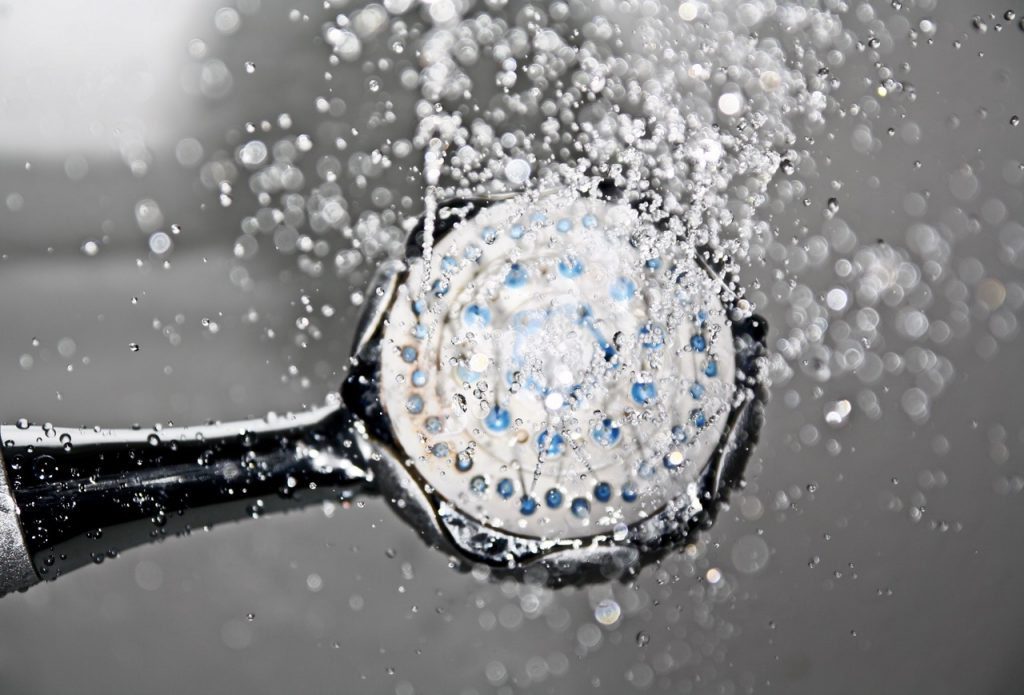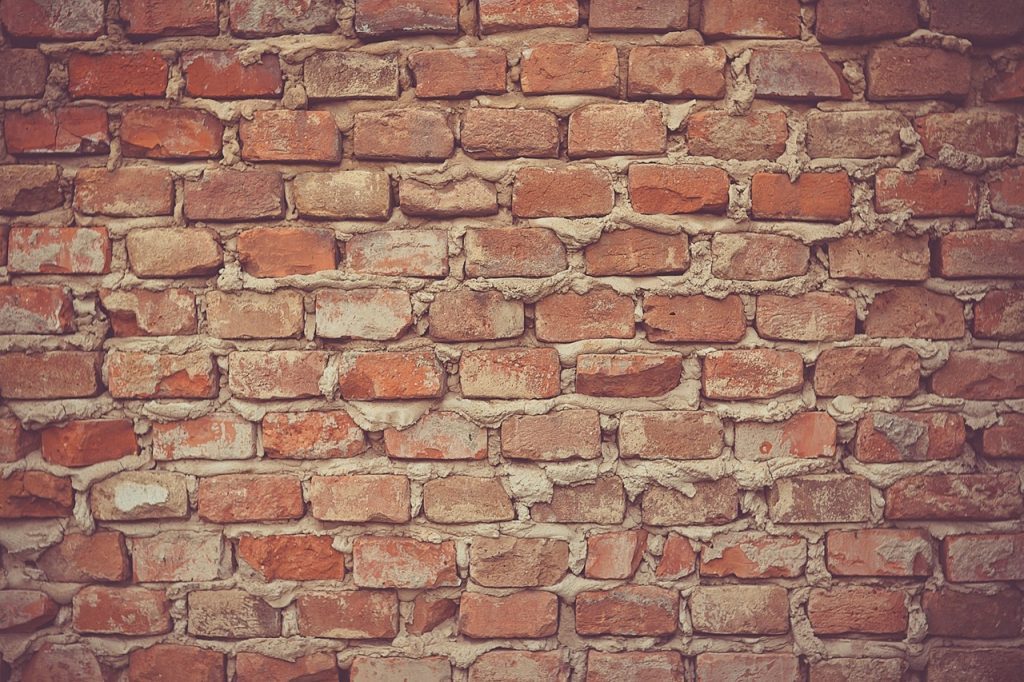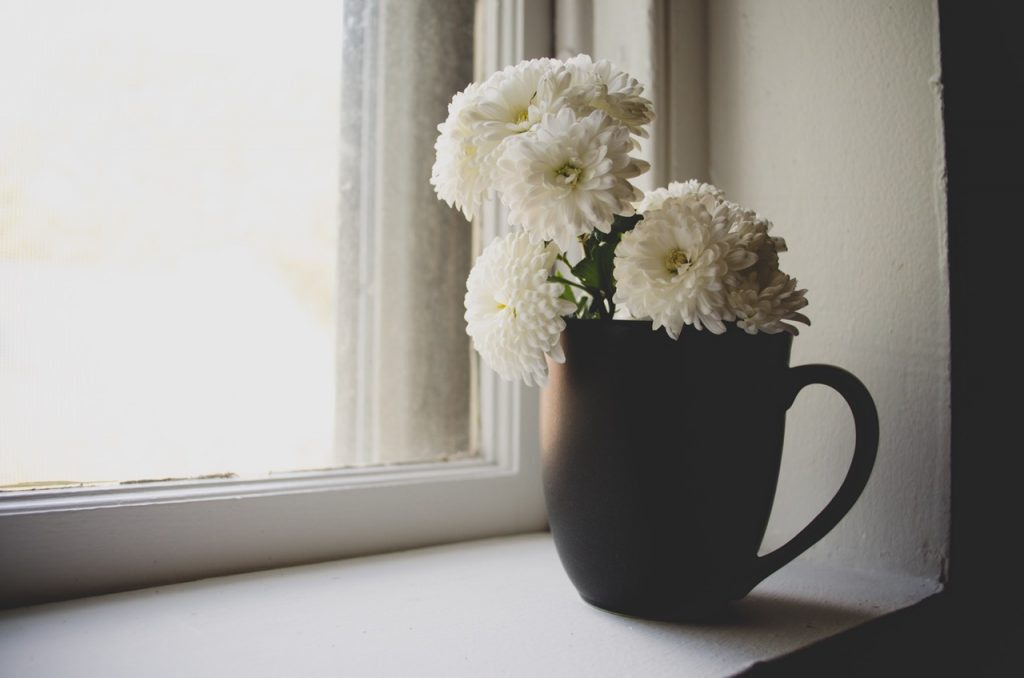Being a landlord can be a profitable, fulfilling, but difficult job. Tenants can sometimes be your best friend or your worst enemy, so it’s important to know exactly what your role entails when dealing with client issues.
One of the most common and often confusing topics for landlords and tenants is condensation and mould. Condensation is prolific throughout UK homes and can cause an undue amount of problems, from excess moisture to the presence of mould.
We’ve outlined our top pointers on how to deal with condensation and mould complaints as a landlord.
1. Always go and evaluate the problem
Whatever the complaint, it’s important to show your tenants respect by going and inspecting the issue. This allows you to take your own photos and document your investigation. Condensation and mould could be a sign of penetrating damp or rising damp, both of which are issues which you will need to correct.

2. Check ventilation
One of the main sources of condensation is bad ventilation. If you have already provided your tenants with the appropriate ventilation, such as extractor fans and windows, then think of other ways to help, such as providing them with a dehumidifier or improving insulation in the property. The more you can do to help, the less likely your property will become inhabitable, and the less likely the blame will fall on your shoulders.

3. Create a checklist for your tenants
Condensation can also be attributed to the behaviour and lifestyles of your tenants, for example, if they leave lids off pans when boiling, if they leave wet clothes and towels to dry without leaving windows open, or showering with doors and windows shut. Creating a checklist and advice booklet for your tenants can help prevent these problems occurring.

4. Dealing with rising or penetrating damp
Penetrating damp can happen because of cracks in walls, wooden window frames going rotten, or leaking pipes. If water can enter your property from the outside, then this should be repaired by the yourself, and not your tenant.
Rising damp is an issue for landlords with properties on the ground floor or basement flats. As the name suggests, moisture rises up through the ground and is absorbed into the walls of your property. To prevent this kind of problem occurring, ensure you have a proper damp proof course installed.
The best approach is to inform the tenant and fix the problem as soon as possible, so there are no health risks to the occupants and your property remains safe.

5. Replace any failed double glazing
Your main aim as a landlord is to make sure your tenants have comfortable and acceptable living conditions. Simply by replacing any failed double glazing helps prevent the presence of condensation in the home and enhances the look of your property for any potential tenants.
Cloudy2Clear can replace just the glass pane, not the entire frame and unit. This saves customers time and money – we know how busy landlords can be, especially if you have more than one property. Contact your local branch today for more information and a free, no obligation quotation.

Images courtesy of www.pexels.com. Images are free for any personal and commercial purpose. Photos can be edited, modified and distributed. Attribution is not required.
